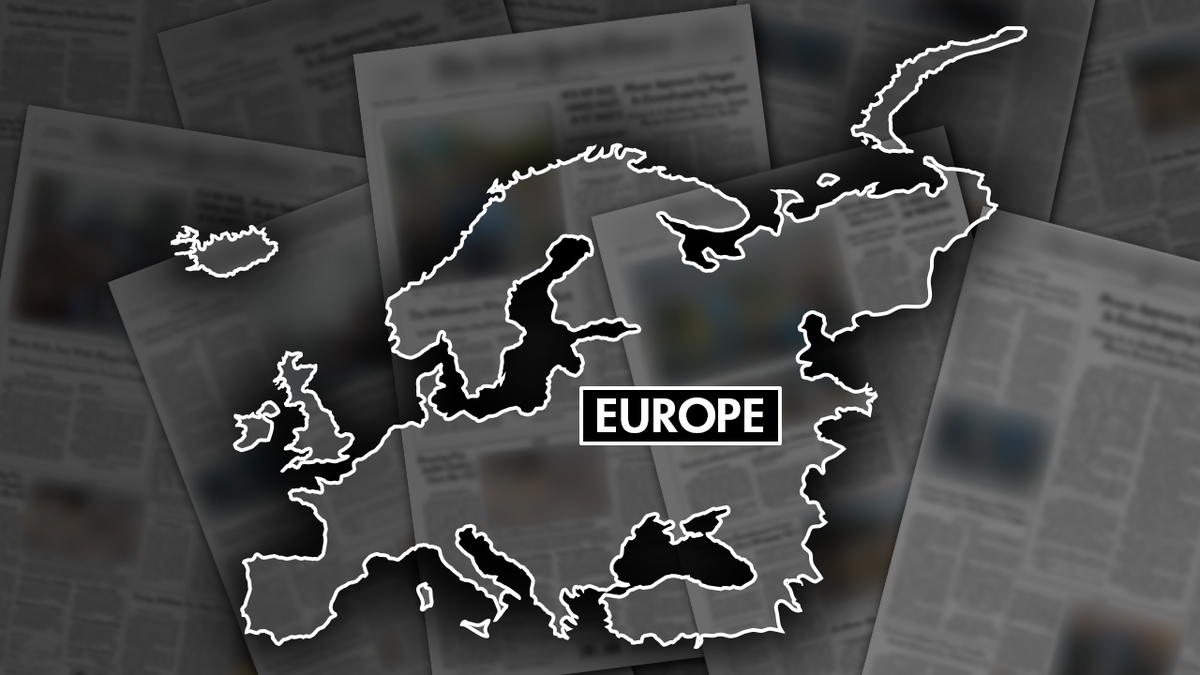Fox News Flash top headlines for February 27
Fox News Flash top headlines are here. Check out what's clicking on Foxnews.com.
Montenegro's lawmakers on Monday elected all but one of the judges of the country's top court, ending a stalemate that has threatened to halt the Balkan nation's European Union membership bid.
Montenegro's Constitutional Court has been blocked for months with main political players failing to agree on new members. The court has seven judges but four places have been vacant since September.
EU officials have warned Montenegro that it must allow for the normal functioning of the Constitutional Court if it wants continue on its path to join the EU. The court is crucial for the rule of law and as the country holds an important presidential election next month.
MONTENEGRO PM: RUSSIA'S ACTS 'DESTRUCTIVE AND PRIMITIVE'
Lawmakers on Monday approved three out of four judges but failed to agree on the fourth candidate. The vote still means that the court is formally unblocked despite lacking one member. A new vote to elect the fourth judge is expected within weeks.

Montenegro has elected three of four judges to the country's top court. This ends a stalemate which could have halted the country's NATO bid.
"Good news from Montenegro today! " tweeted Vladimir Bilcik, the European Parliament member dealing with the region. "I hope a fourth judge can be elected soon. The culture of dialogue and compromise across party lines is the only way forward for progress on the EU path."
MARC THIESSEN: TRUMP, PUTIN, NATO AND THE MONTENEGRO QUESTION
Montenegro has been locked in a political crisis for months after its government fell in a no-confidence vote and main political players couldn't agree on whether to call an early election or try to form a new government.
The presidential vote on March 19 is expected to reflect the divisions among pro-Western, and pro-Serbia and pro-Russia voters, in the Balkan nation of around 620,000 people. Long-serving pro-Western incumbent Milo Djukanovic is running for another term in office.
CLICK HERE TO GET THE FOX NEWS APP
Montenegro used to be part of a union with Serbia before splitting in 2006. The country joined NATO in 2017, defying Russian opposition, and is widely considered as the next in line for EU membership.

